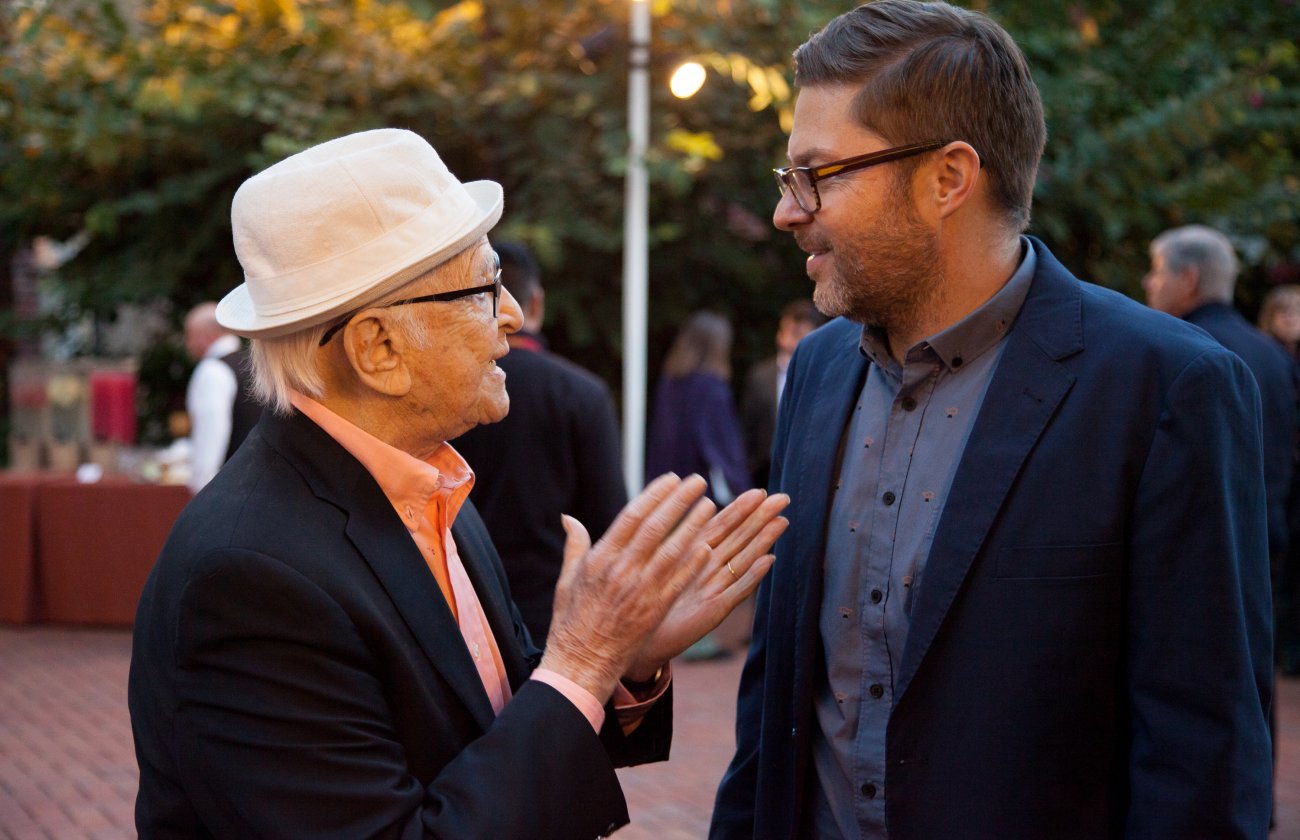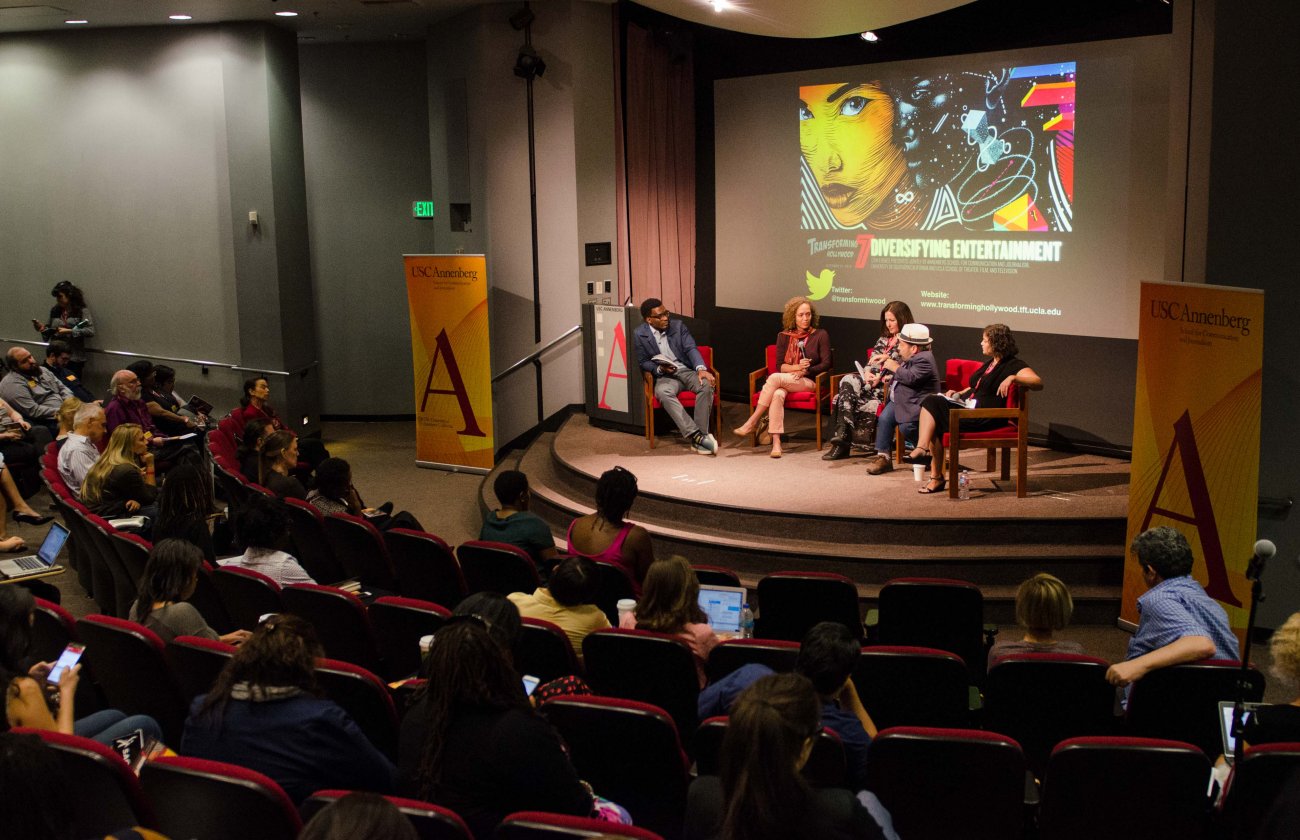USC Annenberg Ph.D. students are intellectuals who seek to create and design innovative and theory-driven work. With the help of experts university-wide, they have been able to organize dissertations on notable topics. "Discoveries" is a story series highlighting their research.
During every major political election, people observe new ways political campaigns try to encourage and promote young people to vote. More often than not, young people are thought to be disinterested when it comes to politics, but a USC Annenberg doctorate student is determined to have that mentality change. Neta Kligler Vilenchik, a Ph.D. candidate, is looking at the way young people in the United States — between ages 15 to 25 — engage and view politics.
Her dissertation topic is titled, “Alternative Citizenship? From Online Participatory Cultures to Participatory Politics.” According to Kligler Vilenchik, older generations believe that there is a decrease in youth engagement because young people just don’t vote. She described this as the “decline narrative,” which is the idea that youth aren’t interested in political participation and are not engaged. However, her approach to the “decline narrative” is different. Its one that claims that what’s happening is not so much a decline in voting, but rather a difference in participation style.
“The ways young people chose to participate politically is changing,” Kligler Vilenchik said. “They’re changing in terms of their modes of participation, in terms of the topics they’re interested in and also in terms of their ideas of what it means to be a good citizen.”
Kligler Vilenchik has analyzed the ways some organizations are bridging cultural interests, which include fan culture and popular culture, to help build a platform for civic and political participation of young people. One of the programs she’s worked with is the Harry Potter Alliance. It’s a group that uses metaphors from the Harry Potter narratives to get young people to become engaged, Kligler Vilenchik said. She’s been conducting this research through the Youth and Participatory Politics Research Network, which is funded by the MacArthur Foundation. The foundation seeks to understand the political lives of young Americans. Younger people want to express their own voice through participation and often connect to popular culture, Kligler Vilenchik said. Still that kind of approach baffles certain individuals, and it’s been something Kligler Vilenchik has occasionally struggled to present in her research.
“With the Harry Potter Alliance, people would say ‘Why do you need to make a link to a fictional narrative to understand why politics matter?’” Kligler Vilenchik said. “But for some young people its that link to a fictional narrative that help them understand why politics do matter. It helps resonate for them.”
When it comes to political participation, often time, people have normative ideals or expectations of what they think it should look like, Kligler Vilenchik said. The challenge for her has been helping connect these distinct viewpoints to a broader audience. Kligler Vilenchik was the recipient of the Dissertation Completion Fellowship last May.
The fellowship helped Kligler Vilenchik focus on shaping her dissertation, and it’s allowed her to integrate the different feedback she’s received along the way. When Kligler Vilenchik first came to USC Annenberg, she was interested in researching collective memory. But she kept an open mind about which direction she wanted to take her dissertation topic in. Eventually, she became a research assistant to Henry Jenkins, provost professor of communications, journalism and cinematic arts, for the program Civic Paths. As a research assistant, she became fully engaged with the research being done by Civic Paths on the Harry Potter Alliance. Kligler Vilenchik eventually asked Professor Jenkins if she could take up the study as part of her own dissertation research. Professor Jenkins, who is on Kligler Vilenchik’s committee board, explained that Kligler Vilenchik has been involved in the Civic Paths team from the very beginning. He added that she has helped the group think about what they call “civic imagination.”
“Before you can change the world, you have to be able to imagine what an alternative world would look like,” Jenkins said. “You have to recognize that the world is subject to change, to see yourself as a political agent, and to develop some empathy for people in different circumstances than your own.”
Jenkins added that Kligler Vilenchik is co-author to his next book, By Any Media Necessary: Mapping Youth and Particular Politics. He explained that Kligler Vilenchik has made core contributions at every stage along the way. Throughout the work that Kligler Vilenchik has done, she stresses the importance of understanding the ways young people approach politics, even if it seems unconventional.
“I think it’s really imperative for us to open our eyes and to learn about the new ways young people are participating,” Kligler Vilenchik said. “Even if it seems strange or different, don’t disregard it. Try to understand what its value may be and also how to support it."







